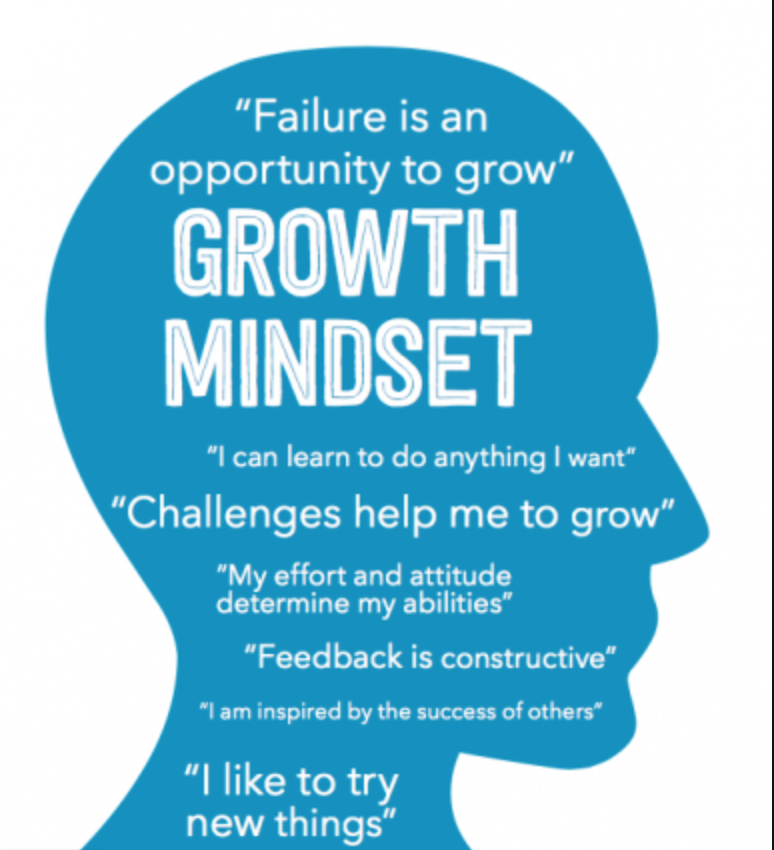
Teachers learn to improve their practice from making observations of the way students learn, by their own reading, research and professional development opportunities, and through thoughtful coaching by other experienced educators. For the most skilled teachers, these three “inputs” guide them throughout their careers as they continuously and systematically hone instructional skills based upon what they learn.
During a pandemic, when so much of the pedagogy is new and the curriculum needs to be adapted and refined to meet students’ needs within their own unique environments, there have certainly been more opportunities to learn than ever before and, I would argue, having a focus on developing and growing professionally is more important than ever. Educators have had to climb steeper learning curves in recent months, and with this in mind, Carol Dweck’s “growth mindset” theory has additional significance. Dweck’s theory begins with the understanding that the brain is plastic and can grow to meet new challenges over time. Individuals with this understanding are more likely to preserver through challenges and less likely to be deterred by life’s inevitable setbacks encountered along the way. In fact, recent research in neuroscience suggests that because of the brain’s plasticity, cerebral changes resulting from growth mindset may also affect the neural regions responsible for intrinsic motivation, making it more likely that people want to learn in any environment.
As Dweck has noted, a growth mindset not only requires a person to work hard, it also requires them to work wisely with specific strategies. Educators can assist with the cultivation of a growth mindset by reflecting on the benefits of these attitudes and habits of mind with their students. Fostering a learning culture that prioritizes achievement and quality work, even in remote circumstances, greatly helps. When students are part of a group of peers that work together for mutual success, it’s far more likely that individuals will believe in their ability to succeed both individually and collectively.
It is important to remember that educators are not only teaching students, they are also helping to shape the neurological patterns in brains by modeling what it means to be a learner. Of course, this process is largely shaped by the way teachers envision and support the learning process. Believing in the greater capacity of each student is an important start. Educators know that each instance a student moves one step beyond where they began the day is a success, regardless of whether they are in the classroom or listening to lessons remotely in their home environments.




